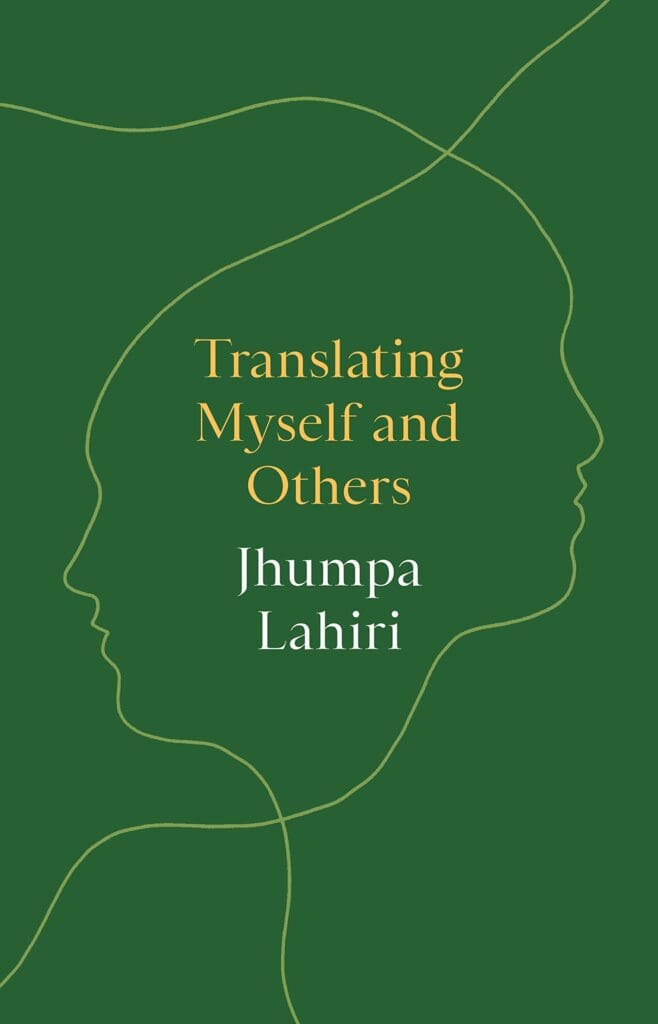Human traditions subsist on translation. There is no art or philosophy that translators have not helped facilitate across the ages. While translators may often operate discreetly and without thanks, their work remains vital. Pulitzer Prize-winning writer Jhumpa Lahiri depicts the soul of translation in her new essay collection, Translating Myself and Others (208 pages; Princeton University Press), a dizzying reflection on her personal relationship to language. She notes early on the fragmentation of her identity—culturally Indian, born in London, raised in America, writing in English—and the ways this has steered her as a writer. An accomplished author in English, Lahiri […]
‘Translating Myself and Others’ by Jhumpa Lahiri: A Tradition of the Ages
by Amanda Janks

